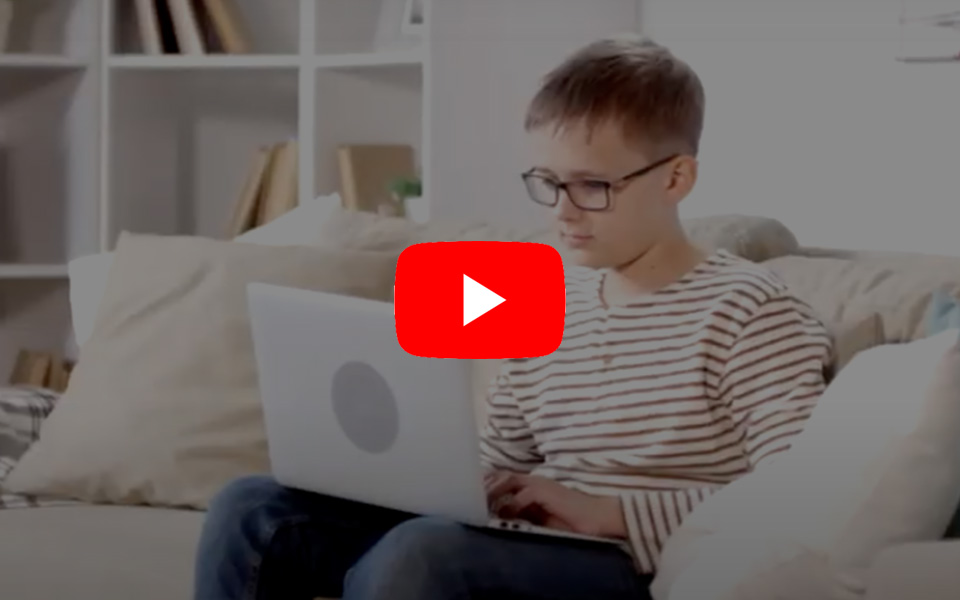The human mind

Rajão and Athayde’s texts are specialized because they are produced for the specific purpose of leaving no loopholes for third parties to enter opposition filings. Our translations are made and reviewed with creativity, intuition, leadership and innovation. These fundamentals are faculties inherent to the human intellect that hold the only mechanism that can rationalize and promote the defense of Intellectual Property, unlike the machine whose bases are mere statistics and easily circumvented.
Our company translates a multitude of office actions laid down by the INPI in which examiners point out discrepancies in the invention. The existence of these discrepancies is most often due to an extremely naïve translation.
A simple example, but one of considerable importance, are the definite and indefinite articles in a patent and their qualitative and quantitative relationship. The omission or substitution of one for another will not actually trigger the rejection of a patent application. However, in the face of mistaken use thereof, the client, until he can explain himself, will have already incurred expenses trying to prove that, in Portuguese, the writing of the indefinite article one and the numeral one is the same and that he is not alluding to the quantity, but rather giving a qualitative definition to the noun within the sentence.
The terminological option in our translations happens through a detailed choice of the specific terms belonging to each subject so that the understanding is clear and free of ambiguities. Our focus on specialized language allows us to select the correct option of terminology, which only happens after we analyze a particular word in the semantic environment where it occurs, arises, and in such a way as the reader identifies with the combination of terms and expressions, that is, with the text itself.
The search for the terms and the study of their real meaning in the specific context are crucial so that the content does not seem naïve or false to persons skilled in the art. I recommend to all my translators that before starting a translation they should find out about the technical field and see how specialists express themselves, become familiar with that area of knowledge and then, in a complementary and categorical way, turn to dictionaries.
For a possible and recurring question related to the assumption that any technician can translate a patent, the answer is an incisive ‘no’! It is necessary to have training and a keen eye not only on technology, but also on language and the personality of the text. Having knowledge of the specialized area alone is not enough; one must have linguistic knowledge in order to be able to decide again with creativity, intuition, leadership and innovation what is the best term or expression because at that point our focus is the defense of Intellectual Property.



